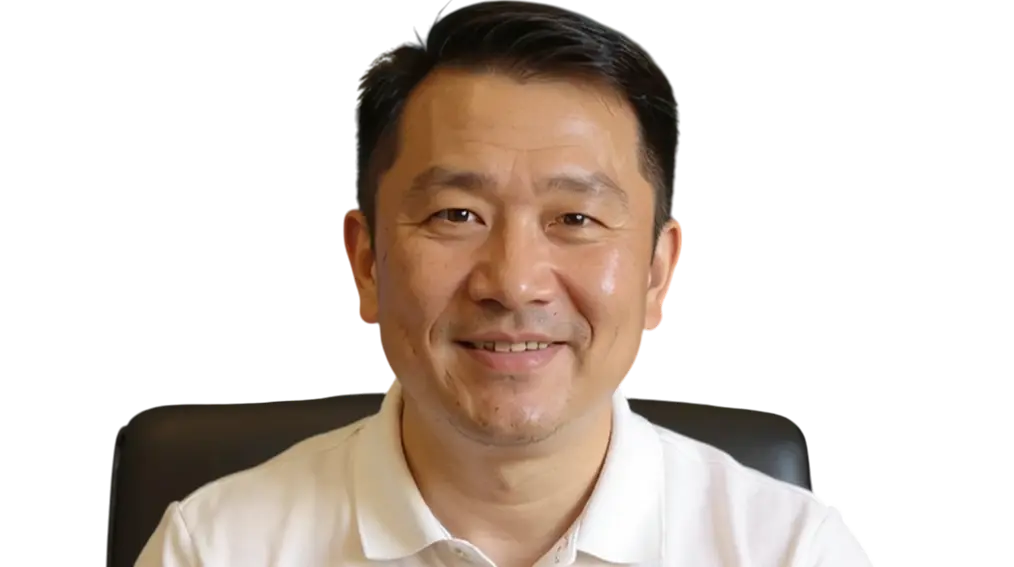Dementia is the progressive loss of brain function, affecting thinking, remembering, managing tasks, and controlling emotions and behaviors to the extent that it impacts patients’ daily lives. The most common type of dementia is Alzheimer’s disease.
Other types include Lewy body dementia, frontal-temporal dementia, vascular dementia, and mixed dementia.
Dementia Treatment: Alzheimer’s Disease
Although there is no cure for dementia, treatments are available to slow its progression. The following medications are used to treat Alzheimer’s disease:
- Aricept (donepezil): An enzyme (cholinesterase) blocker that helps restore the normal balance of molecules that aid brain cell communication, improving memory and function in mild, moderate, and severe Alzheimer’s.
- Exelon (rivastigmine): Used to treat mild to moderate Alzheimer’s by increasing acetylcholine, a molecule involved in memory, thinking, and reasoning.
- Razadyne (galantamine): Increases acetylcholine and is used for mild to moderate Alzheimer’s.
- Namenda (memantine): Blocks the flow of certain charged particles through the brain, treating moderate to severe Alzheimer’s.
Donepezil, rivastigmine, and galantamine are also used to treat Lewy body dementia.
Frontal-temporal Dementia
Frontal-temporal dementia is treated with selective serotonin reuptake inhibitors (SSRIs), a type of antidepressant. The following SSRIs have shown success in some patients:
- Trazodone (Desyrel): Helpful for sleep and acting as an antidepressant.
- Celexa (citalopram)
- Paxil (paroxetine)
- Zoloft (sertraline)
Vascular Dementia
Vascular dementia involves issues with blood vessels supplying the brain. Treatment targets underlying causes such as high blood pressure, blood clots, high cholesterol, and high blood sugar (diabetes), all of which can damage blood vessels.
Dementia Treatment With QuickMD
Did you know?QuickMD can refill your regular dementia medications online via telemedicine—from the convenience of your home.




